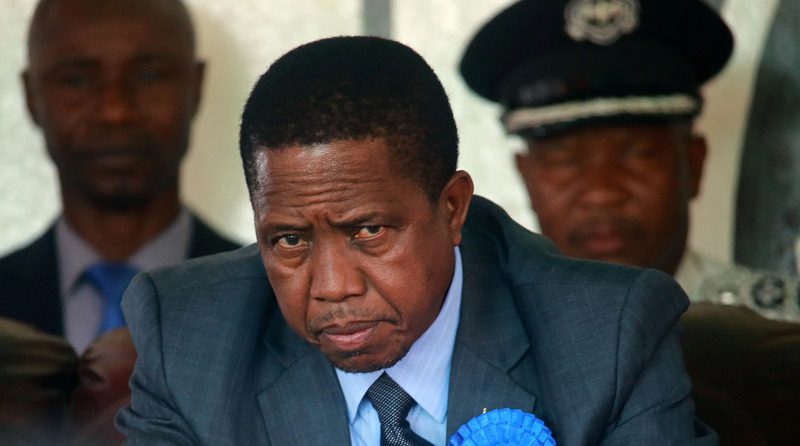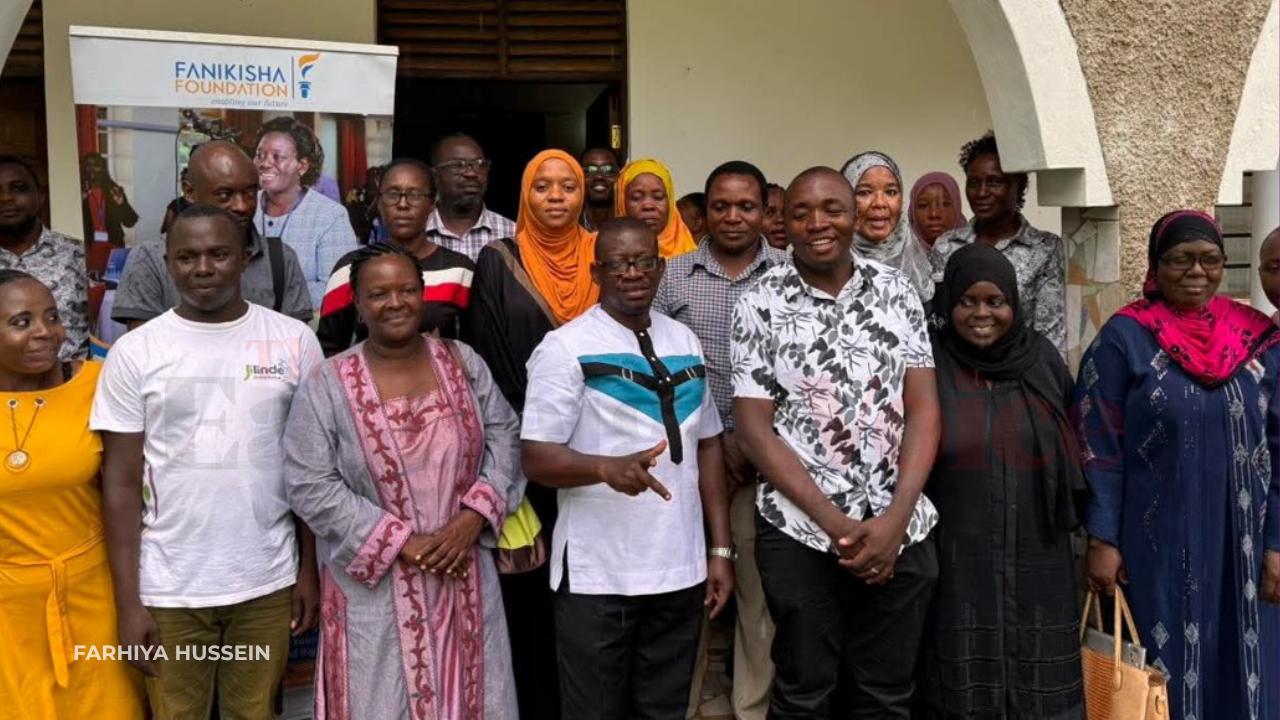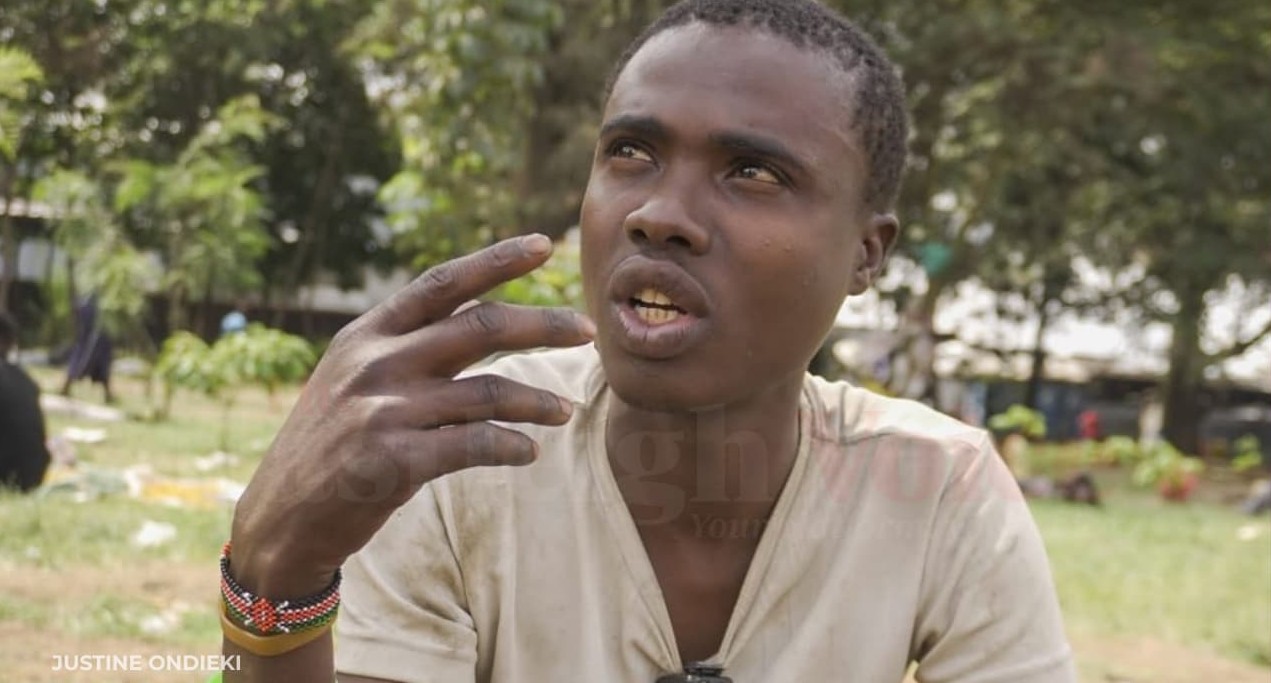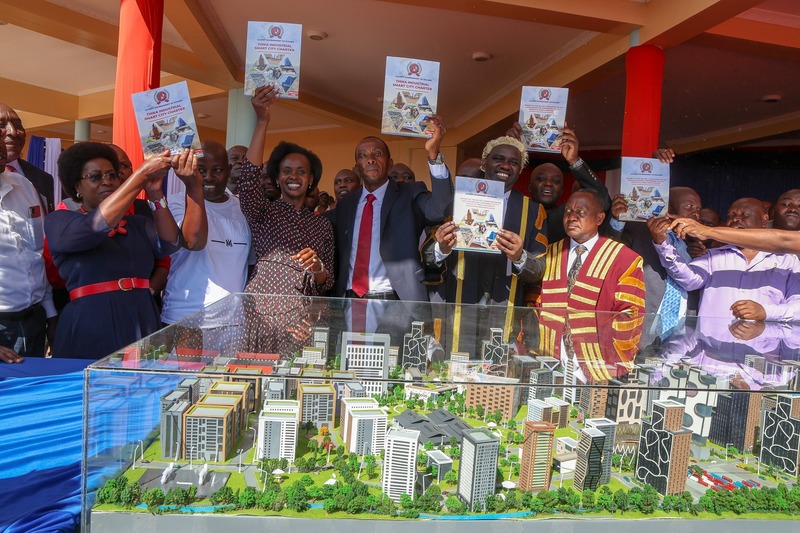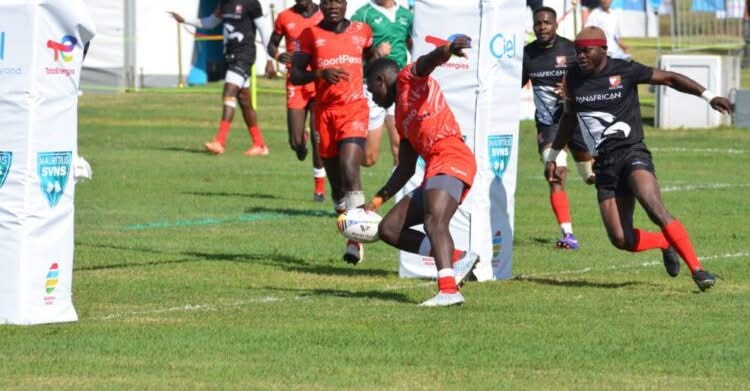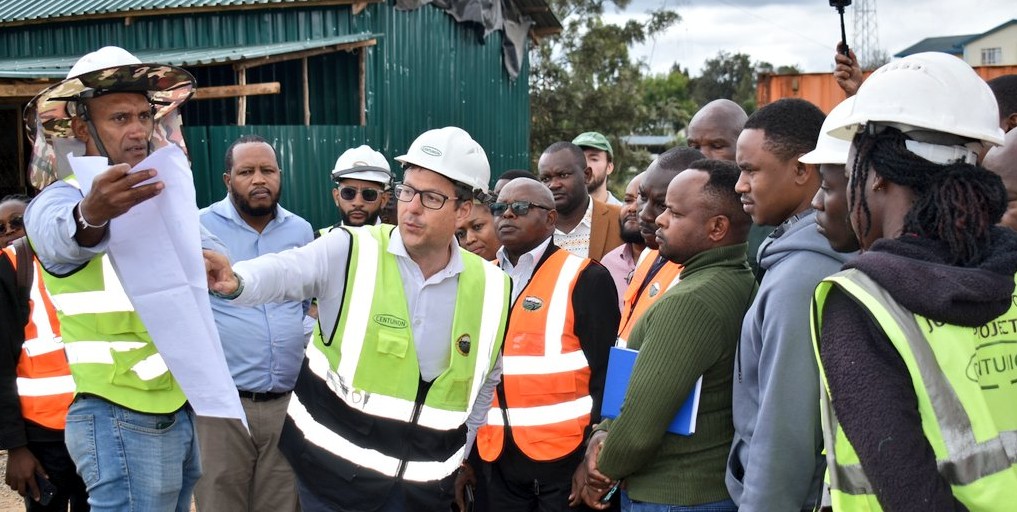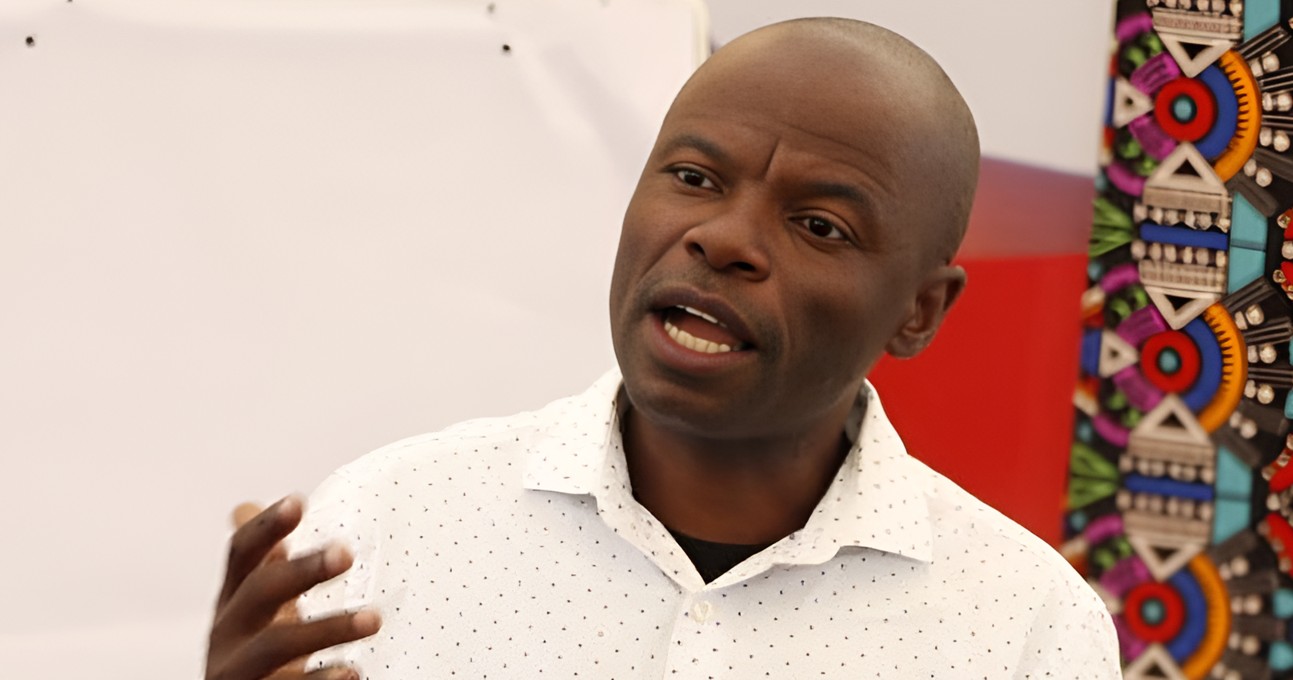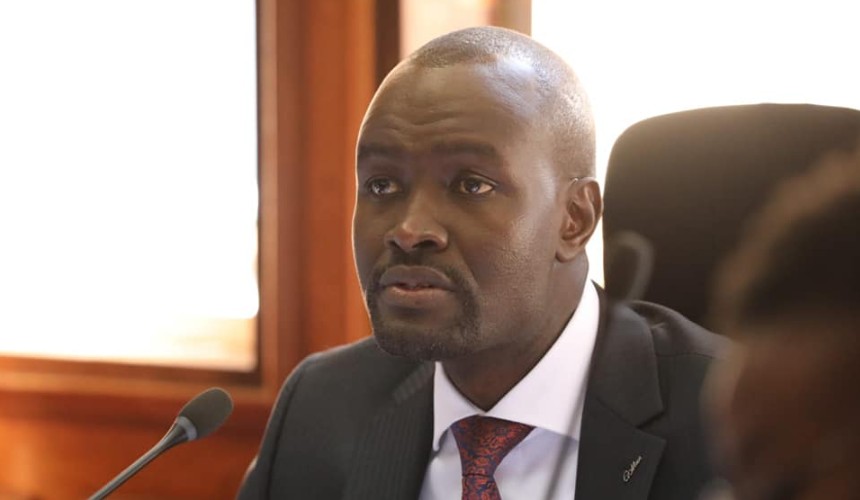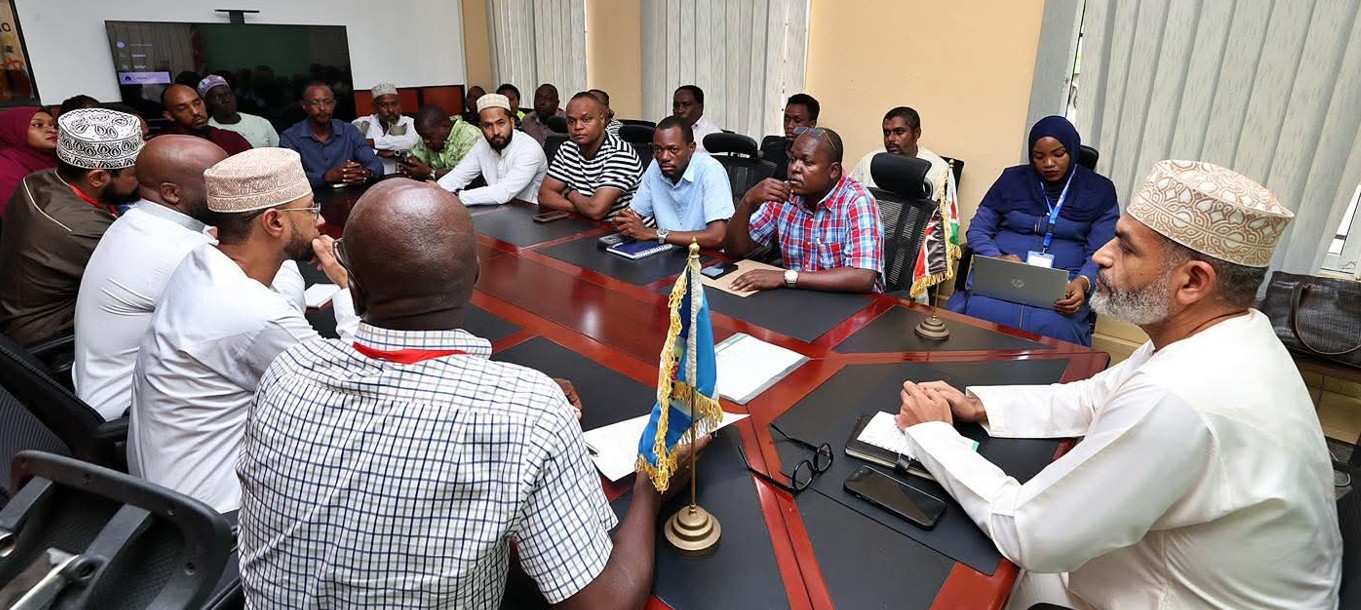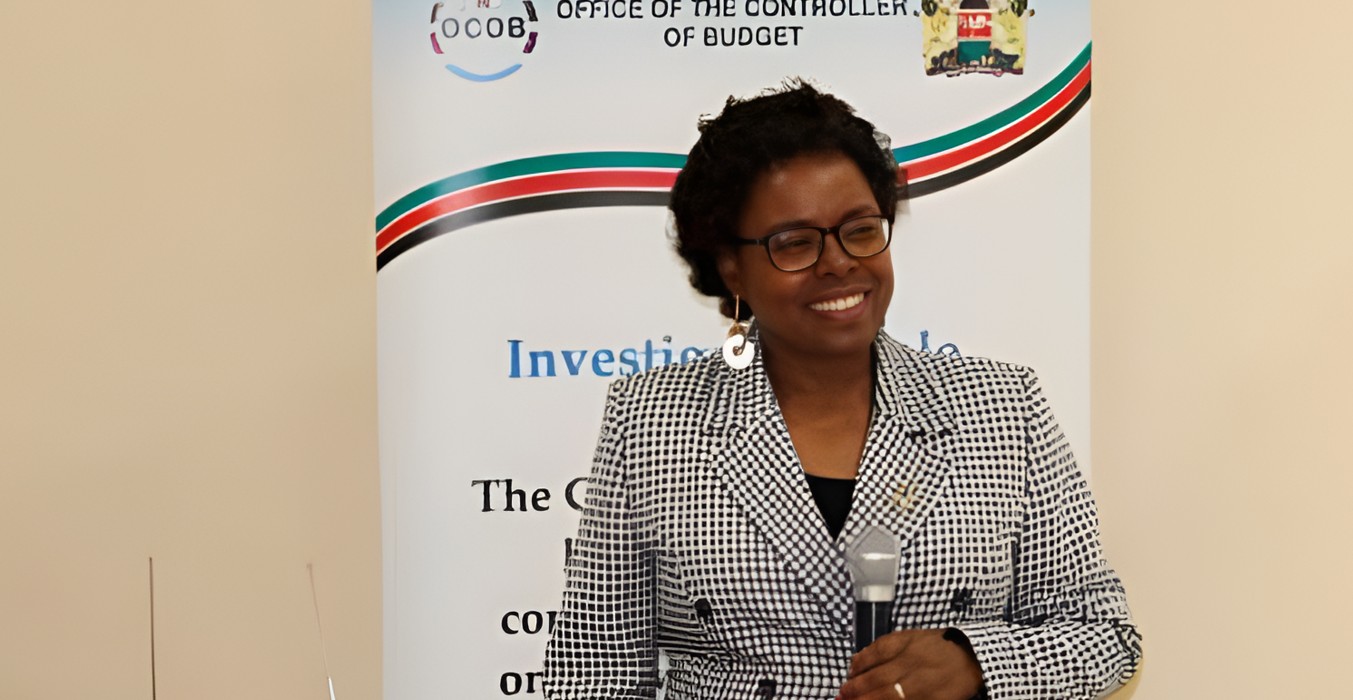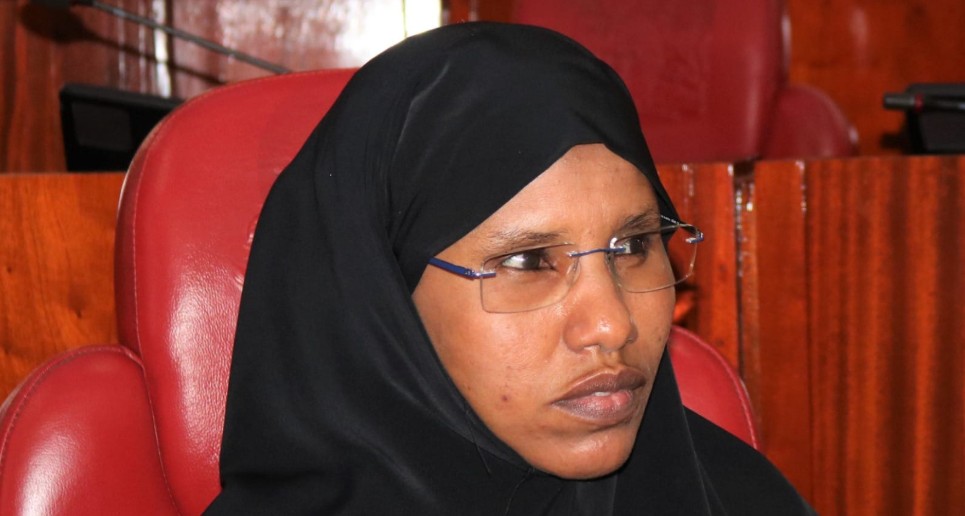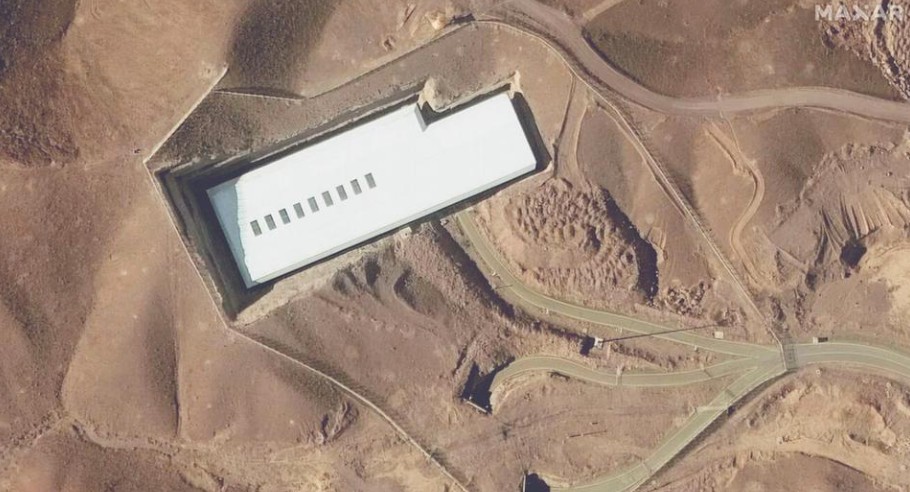Tribunal orders State to pay Sh2.2 billion to displaced Soin-Koru dam families within 90 days
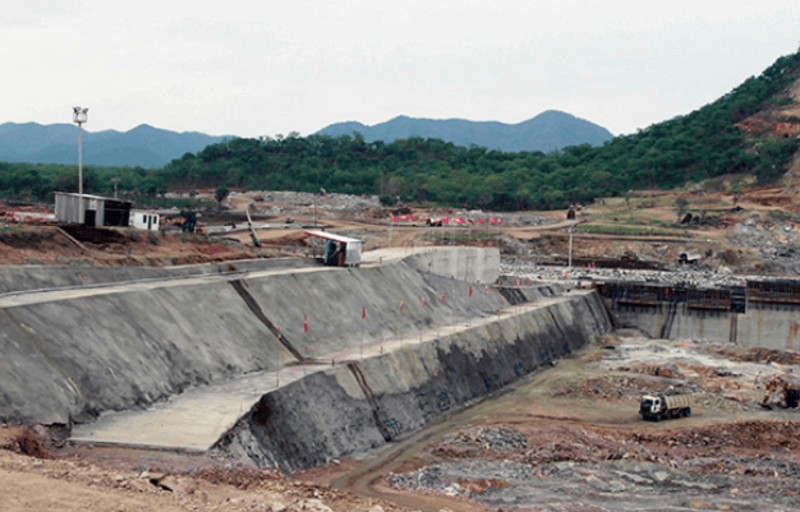
The orders arose from a case filed by 27 individuals whose land was acquired in 2022 by the NLC on behalf of the Water Authority.
The government has been directed to pay Sh2.2 billion in compensation within three months to families displaced by the Soin-Koru Multipurpose Dam project, following a tribunal ruling.
The families had been displaced after their land was acquired for the development of the Sh20 billion dam, which spans Kericho and Kisumu counties.
More To Read
- Legal gap leaves National Land Commission powerless to recover grabbed public land
- Garissa residents urge state to scrap colonial-era boundary causing conflict with Tana River
- Senators demand reforms at NLC over delayed compensation for displaced landowners
- Over 240 Ang'ata Barikoi residents in Narok move to court over revocation of land titles by NLC
- Land ownership boost for Isiolo Central residents as governor issues allotment letters
- Kwale Governor Achani stops sale of historic 18-acre Kongo Mosque land
The Land Acquisition Tribunal, chaired by Nabil Orina, issued the directive to the National Water Harvesting and Storage Authority and the National Land Commission (NLC), faulting the government for undertaking the project without setting aside funds to compensate affected persons.
“It is clear to us that the State was not ready to undertake this acquisition for the failure to provide the necessary funds that would compensate the applicants and other persons affected by the project, but not before the tribunal, who are part of Phase 2 of the project,” the tribunal ruled.
The orders arose from a case filed by 27 individuals whose land was acquired in 2022 by the NLC on behalf of the Water Authority.
“Whereas government projects are subject to planning and budgeting, the failure to set aside funds for the project speaks to its lack of prioritisation, and calls into question the legitimacy and legal propriety of the process of compulsory acquisition in its entirety,” the ruling added.
The tribunal directed that the Sh2.2 billion payout be made with interest calculated at the base lending rate set by the Central Bank of Kenya, effective from January 31, 2022, the date of the original compensation awards.
The Soin-Koru dam was intended to help control flooding caused by the River Nyando, enhance food security through irrigation, provide electricity and improve access to clean water in Kisumu City, Kericho and nearby areas, including Awasi, Chemelil, and Ahero.
The project, with a proposed water storage capacity of 93.7 million cubic metres, affected approximately 1,200 families whose land was acquired to facilitate its development.
However, construction, which commenced in 2022, came to a halt in September 2023 due to financial constraints.
The tribunal held that a government development project could not be considered viable until compensation had been fully paid to affected individuals.
According to the tribunal, documents provided showed that the NLC had assessed the total compensation for the entire project at Sh2,209,068,620. However, only Sh501,763,713, roughly a quarter, had been deposited by the Water Authority.
In its filings, the Authority acknowledged that these funds had already been utilised to make payments to some affected persons and further admitted that it was uncertain when the remaining funds would be made available.
“The authority further admits that it does not know when such funds will be availed. It explained that there has not been any budgetary allocation towards the compensation funds in both the financial years 2023/2024 and 2024/2025,” the tribunal said.
“The delay or failure to pay compensation to the applicants is detrimental to their rights under Article 40(3) of the Constitution of Kenya, 2010.”
It further said, “The applicants are entitled to the immediate payment of compensation following compulsory acquisition of their properties.”
The tribunal stressed that the NLC, as the agency responsible for land acquisition on behalf of the government, had a legal duty to ensure that the Water Authority had budgeted for compensation before acquiring any property.
“Prompt settlement is necessary to alleviate the disruption occasioned on the project,” the tribunal ruled.
Top Stories Today

